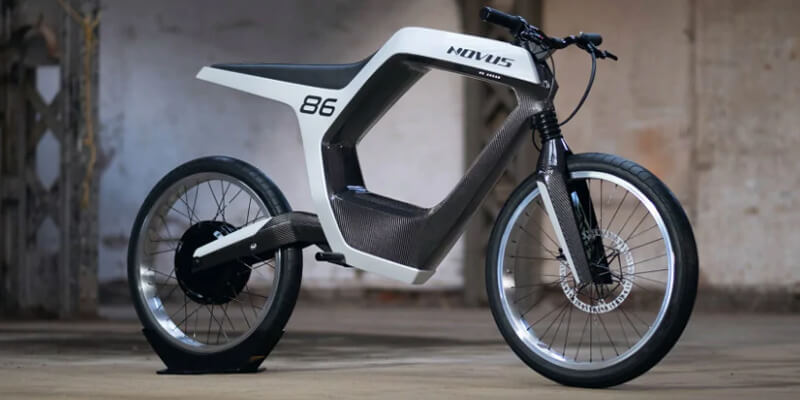The office of Ather Energy, a start-up incubated at the IIT-Madras Research Park at Taramani here, typifies the spirit of its young and restless workers: a heavily damaged dartboard at a corner; a mini-chaos of papers in almost all the cubicles; plenty of sudden huddles; and wallets lying around unattended.
At the entrance, one can almost miss the prototype e-bike that the team has been working on for more than a year now.
There is no dearth of intensity with the team of 17 engineers in their attempt to reimagine the electric bike for Indian conditions.
The founders — Tarun Mehta and Swapnil Jain, alumni of the Department of Engineering Design of the IIT — and their team are currently riding the high of having received a $1-million seed funding from Flipkart founders Sachin Bansal and Binny Bansal.
“Our intention is to build a zero-compromise electric bike that will compete with the best petrol scooters in the market,” Mr. Mehta says. “The electric scooters that have so far been sold here have all been puny and marketed in the space in between a cycle and the low-end motorcycle. But we believe there is a market for a really well-engineered product.”
R. Krishna Kumar, Professor at the Engineering Design Department of the IIT, says the start-up he has mentored is unique in its ambition. “They are not simply assembling an electric bike with components that are available off the shelf. They are working on every important component — from battery management system to ride comfort to handling,” he says.
Power pack
One of the big changes that the team is bringing to the electric scooter is in its battery pack.
While most electric scooters use lead-acid batteries, Ather is trying to use a lithium-ion battery, which is commonly found in laptops. (The founders have applied for a patent for a new lithium-ion battery pack.) There has been a company that has used lithium-ion battery in the Indian market before, but it has imported the pack. Ather plans to get the battery packs assembled in India.
Ather’s efforts come at a time when the sale of electric scooters has been on the decline. The number of electric scooters sold in the country dropped from close to one lakh units in 2009 to just 20,000 last year.
This is where Mr. Mehta and Mr. Jain see the big opportunity. “We did research before launching Ather Energy on the reasons for the failure of the electric scooter. We met people who had purchased electric scooters and asked them what their biggest grouse with the vehicle were. Most of them said the battery pack had failed, and they also had complaints about the performance,” Mr. Mehta, 25, says.
The Ather team, which so far leveraged the ecosystem that Chennai had to offer, will soon be shifting to a bigger office in Bangalore. A small team will still work out of Chennai.
For now, those interested in getting a feel of where Ather Energy is headed can log on to www.atherenergy.com and sign up for test rides.
Founded by two IIT-Madras alumni, Ather Energy hopes to build “ground up” an electric bike designed and manufactured in India
![]()


